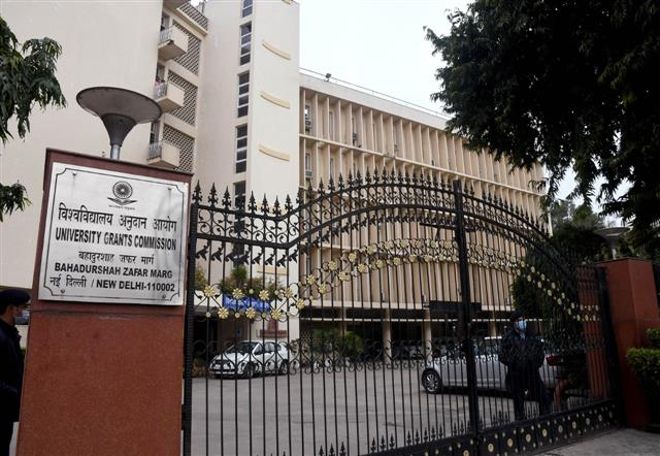NEW DELHI; In the last five years, the number of M.Phil. candidates has fallen drastically. According to a question answered by the Education Minister in Lok Sabha, only 9,897 candidates have passed M.Phil. in 2020-21. This number was 26,325 in 2016-17.
According to data, in 2017-18, 2018-19 and 2019-20, 28,059, 25787 and 18,202 candidates passed M.Phil. degree. This change has come after the New Education Policy advised the discontinuation of M.Phil. The M.Phil programme is discontinued for more research-oriented undergraduate and master’s degrees. Recently, the University Grants Commission released Minimum Standards and procedures for PhD degrees as per the recommendation of the New Education Policy. According to the new guidelines, M.Phil. and publication in a peer-reviewed journal are no longer mandatory. This came as a further blow to M.Phil. degree.
The Sunday Guardian talked with domain experts to know why the M. Phil. degree is scrapped in the New Education policy. “The primary reason behind ending M.Phil. is to make our higher education system more competitive on par with foreign universities. Universities abroad do not have M.Phil. courses,” said Parteek Kashyap, an education domain expert.
He further added that in M.Phil., the prime focus was laid on teaching research methodology. To save students time, research methodology will be taught in PhD. M.Phil. or Master of Philosophy is a two-year postgraduate academic research program. Candidates from any stream like Humanities, Commerce, Science, Law, teaching etc can pursue an M.Phil. course.
In February this year, Delhi University discontinued its M.Phil. programme. Panjab University, Chandigarh, is also planning to discontinue the M.Phil. programme being run in its various departments from the 2022-23 academic session, in line with the mandate of the National Education Policy 2020.
Even before the NEP, M.Phil was not a mandatory eligibility criterion to pursue PhD degree. It serves as a bridge to teaching jobs in universities, but students can also apply for teaching if they have cleared the National Eligibility Test exam. For many, MPhil was seen as just a first peep into research that helps them decide if they wish to pursue it further.
“M.Phil. was seen as the extra title. In many cases, various universities give extra preference to candidates with M.Phil. and PhD,” said Aishwaraj, PhD in Comparative Politics candidate at JNU; in the past, he had left M.Phil. in mid course to pursue a PhD programme. “If we look at the PhD programme, the number of candidates passing PhD has also fallen. According to data from the Education Ministry, in 2018-19, 40,813 candidates passed PhD, but in 2020-21, 25,550 candidates secured PhD degrees.”
Number of MPhil candidates reduced in 5 years
- Advertisement -

